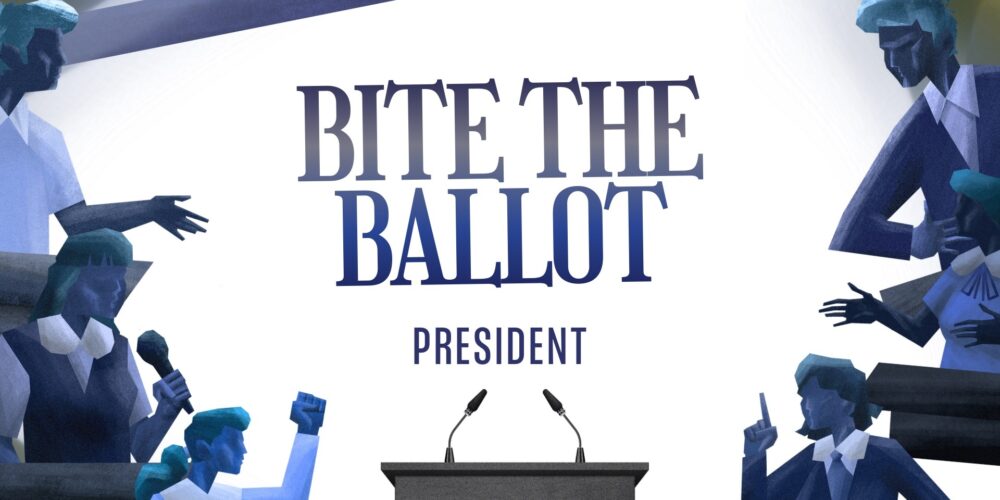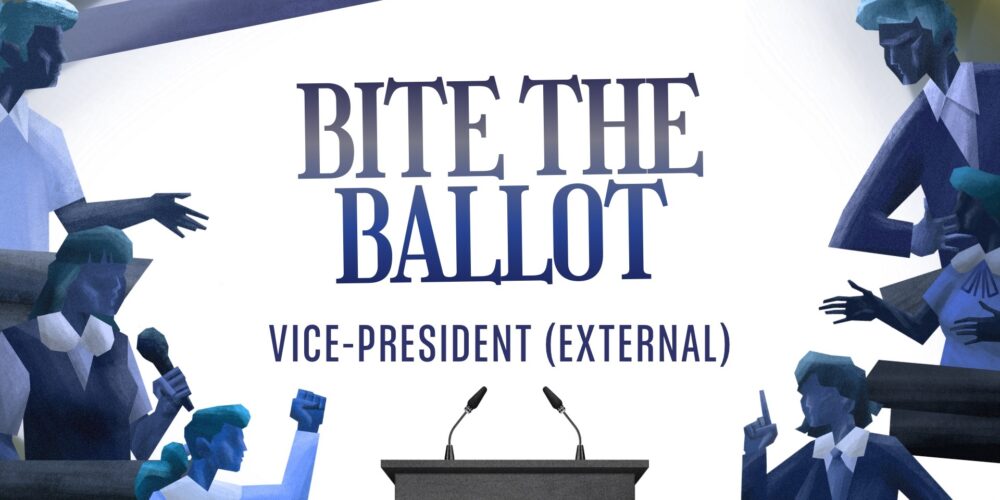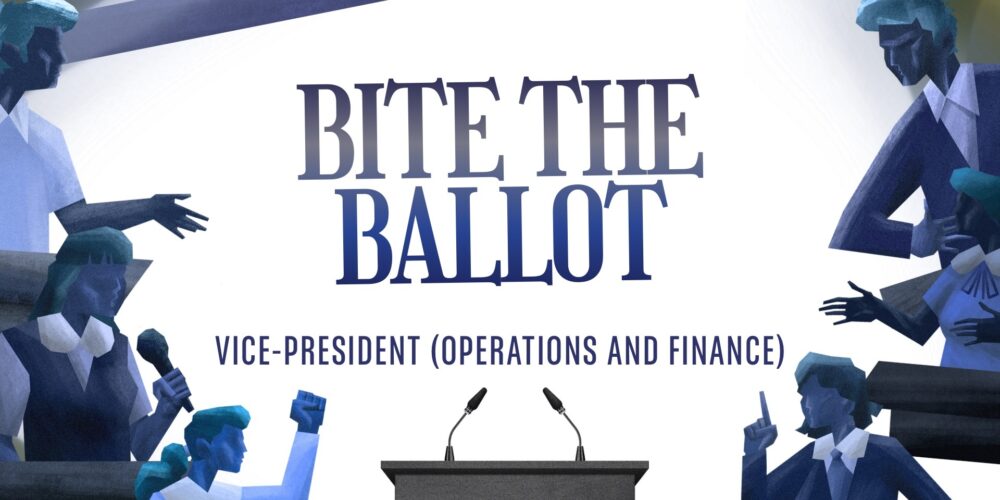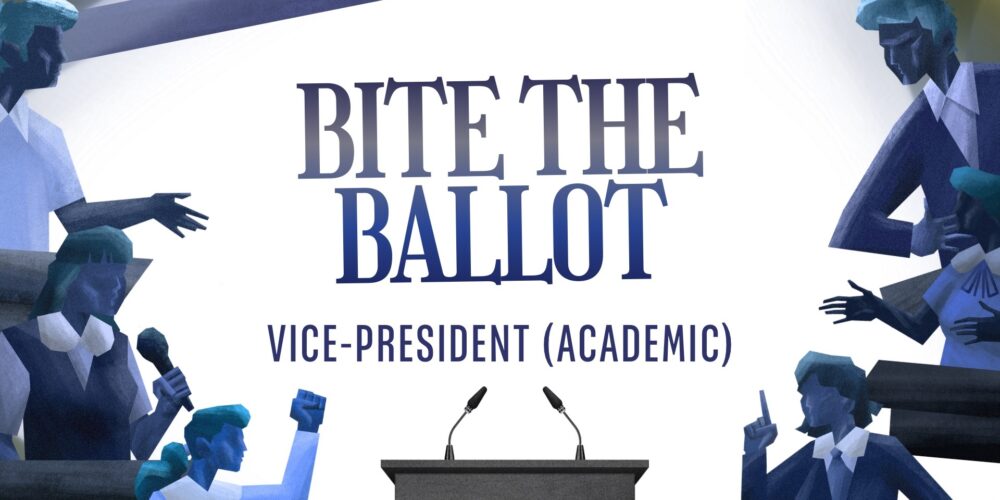Facebook’s new reactions are :(
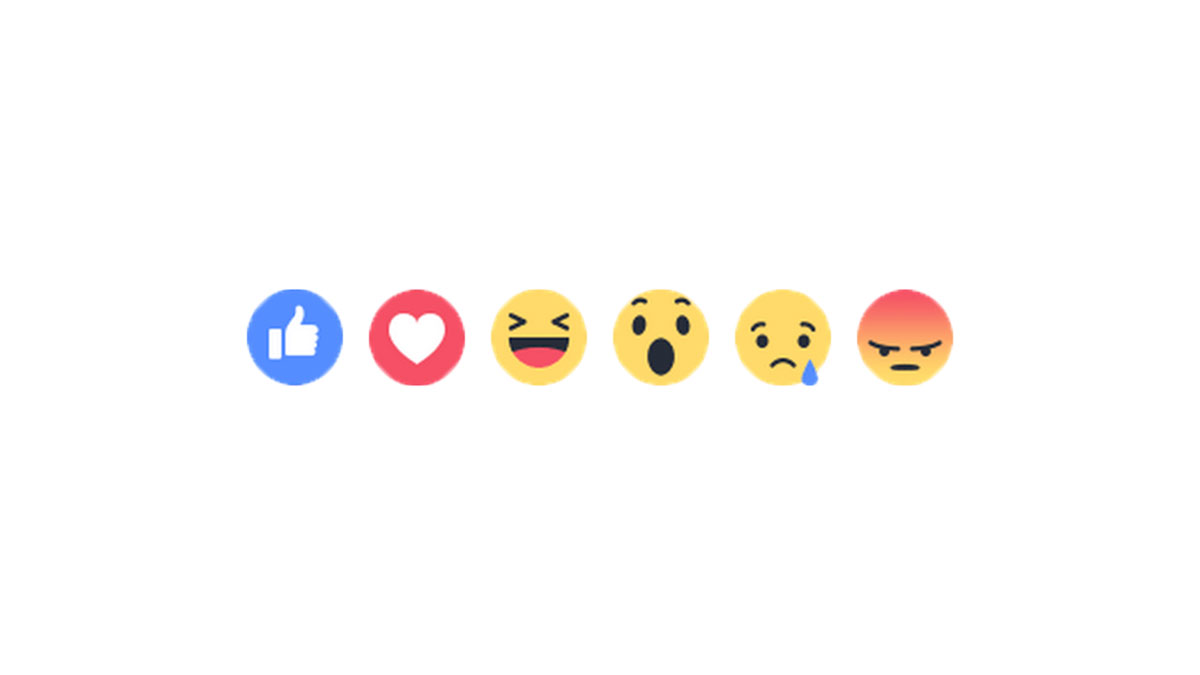 Screenshot
ScreenshotLast week, the braintrust of the social media goliath implemented “reactions,” which are five animated smiley faces that represent love, wow, angry, haha, and sad. This was essentially Facebook’s response to the desire for a “dislike” button that could be used in contrast to the “like” to instead represent anger, hatred, frustration or disdain to the statuses and photos of our acquaintances.
The dislike button was meant to give users the ability to suggest “I dislike this” by simply pressing a button rather than actually posting a comment that says “I dislike this.” Since having a button to express literally only negative emotion would obviously be a complete shitshow, Facebook did the next best thing and summed up the lexicon of human emotions with a handful of cute smiley faces (none of which explicitly express disdain, unfortunately).
By evolving beyond the simple “like” and giving people multiple options to express their emotions, Facebook has dumbed communication down even further than it already had. Way way waaaaaay back, we had to actually, you know, articulate a comment with our words in order to convey messages and connect on a social level. Then, they gave us the opportunity to throw out silent nods of validation in response to things by creating the “like.”
But the thing with the like — although it dumbed down legitimate communication even further than typing back and forth behind a screen already had — is that it was subtle and ambiguous enough to help get us prepared for real life in a high-context society. We have to decode what a like actually is, which is practice for navigating through difficult and confusing social cues we’re faced with on a daily basis.
Does this represent the genuine happiness of another person, or is it a sarcastic shot at whatever was being said? Does Roy actually like the fact you’ve eaten at Subway nine days in a row? Does Jane actually like that you’re now single? Do you actually like this horseshit article? Does Tom actually like the fact you’re performing a DJ set on Saturday night? Who knows. Not you, that’s for sure. So you have to put a little effort in and figure it out, just like in real life where it’s considered a terrifying and humiliating taboo for people to be open and honest about they way they feel.
But this is exactly the kind of training we need in order to function in this society where it’s expected that you put your fork and knife in an upside down V shape in order to tell the waiter that the food you just ate was garbage rather than simply saying “hey, this food I ate was garbage,” when he or she asks you “what did you think of this food you just ate?”
Now with all of these emoticon cartoons doing the grunt work for us, there’s no reason to actually put effort into trying to communicate things on Facebook. I don’t have to sit there for a minute and think, “huh, Roger just liked the status I made about my grandfather dying, is he sad for me? Did he hate my grandfather? Does he just like the idea of natural death?” Now, Roger can just react with that goddamn crying (or haha) emoticon, so he can get out of having to say something soothing (or hateful) to me in my time of loss, and I don’t have to interpret what that ambiguous like might mean. Also, how the hell am I supposed to sarcastically poke fun at somebody who posted something really fucking stupid by pretending to give it a subtle thumbs up when instead I’m cackling maniacally to myself how awful the post is? Everybody loses.
Oh well, this will certainly be nice for the advertisers who pay Facebook’s bills, once they start pumping you with similar product-based content to the things you reacted to with artificial sentiments of “love” and “wow!”

